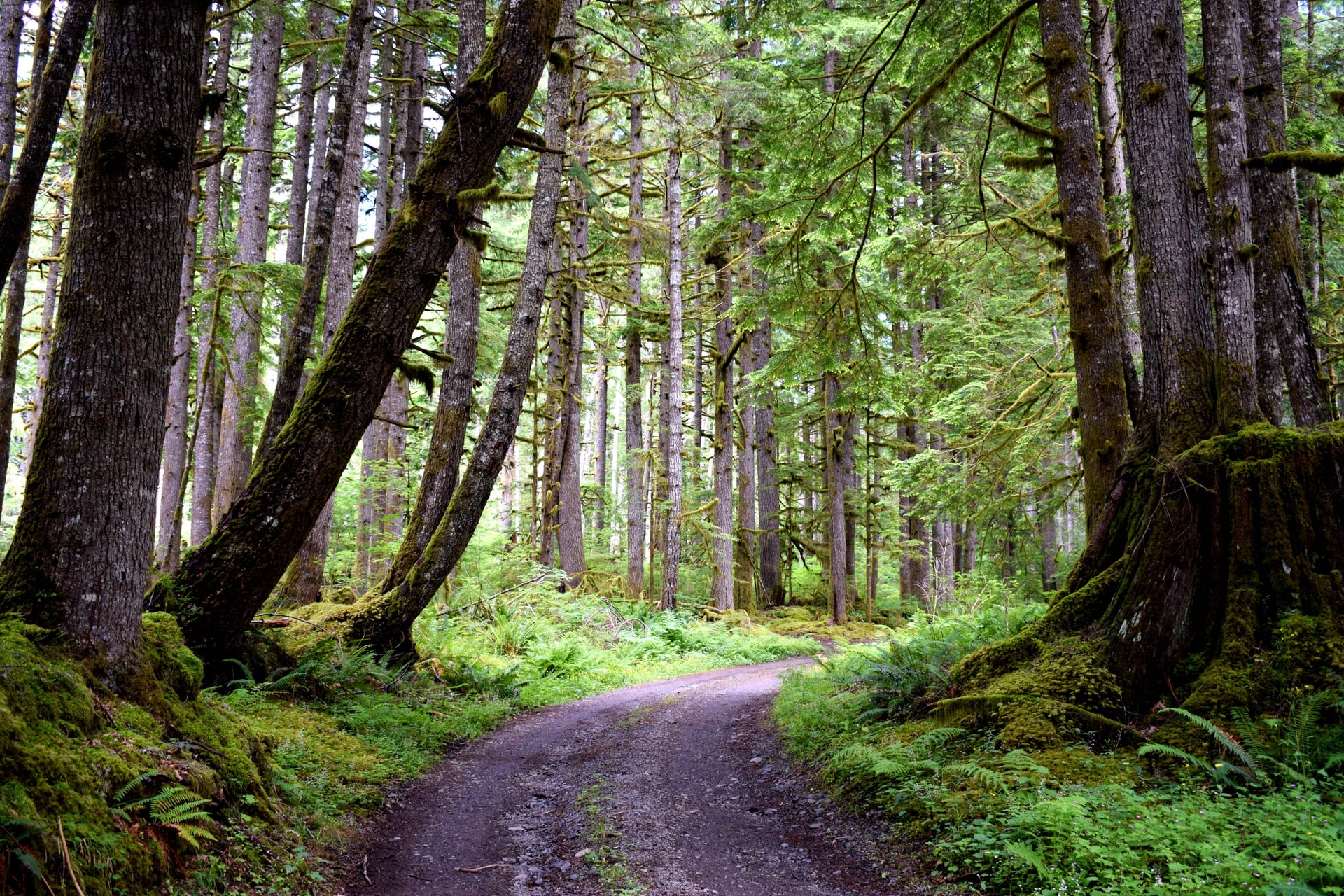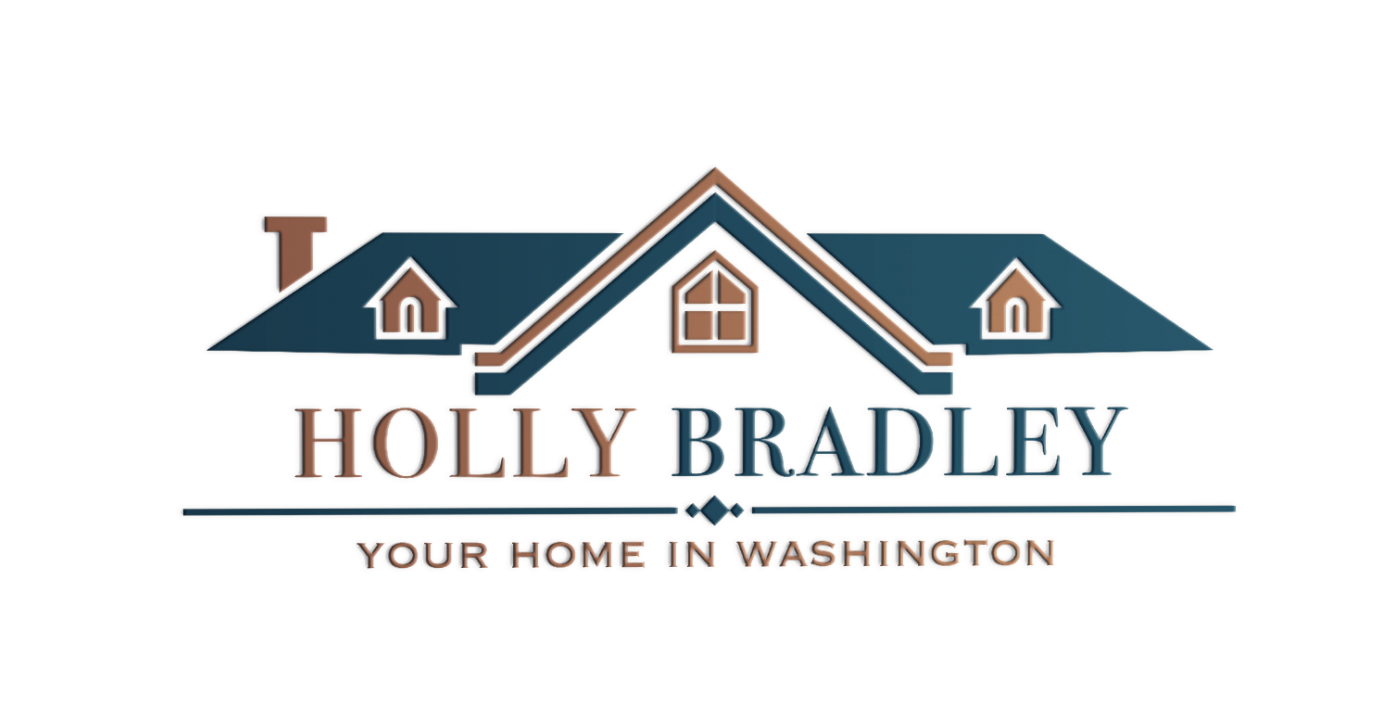
11 Feb Buying Land in Washington
“The best investment on Earth is earth”, according to famous real estate investor and philanthropist Louis Glickman. Land is finite and the demand for it is ever increasing. Land not only has high monetary value, but it also has exciting potential. Your land can be for what YOU want- a vacation home, a dream home, or an investment property. While owning land is a major component to building wealth, there are some important things to consider and understand before you buy your first piece of land.
Location
Location is key when buying a building. The same is true when buying land. First think about the location for you. If this will be your primary residence, is this lot near your place or work or preferred schools? Is it in a desirable area? Also consider what appeals to buyers should you decide to sell later on. Check the surrounding area and comparable property sales as this will help you understand the value of your purchase. Land with natural beauty usually equals high value. This is great news for buyers in the Pacific Northwest!
Accessibility
A piece of land, even in a seemingly desirable location, is useless if you can’t get to it. The first step is to learn if there is legal access to your property. It is possible for a property to be landlocked. This means that the only way to legally access it is through another property, using a right of way or easement (learn more about these in our land-buyer’s checklist) link. While this doesn’t make buying the property impossible it does make it more challenging. Once you know that you have the proper access to your land, find out if there are established roads. Learn if these roads are maintained and by whom. Make sure you can access your property year-round.
Zoning
Zoning determines how land can be used−residential, farming, commercial etc. It also may place restrictions on the size and number or buildings that can be built. It’s important that the land you buy is zoned for your future building and usage. You should also be aware of the long-range plans for the area. These can help you determine if any highways or facilities like power plants will be built near your property. You can learn about these restrictions and plans through your county’s zoning and planning office.
Utilities
You will want electricity and water on your new property. Make sure you know where your utilities will come from. Can you tie into local utility services? If so, what will the cost be? Is there municipal water or will you need to build a well? Does the property have decent cell service?
You also will need to know if your property will have municipal sewage service. If not, you will need to rely on a septic system. To have a septic system, your land must have permeable soil. This is determined through a perc test. Local health departments or building inspectors can direct you to a licensed excavator to perform the test.
These are just some of the areas you need to explore when purchasing a piece of property. Completing thorough research before buying any type of property is considered due diligence. Our Land Buying Guide and Checklist will walk you through the different steps of due diligence essential to a streamlined land purchase. We are here to support you as you make this exciting investment!
Photo by Phil DuFrene on Unsplash
